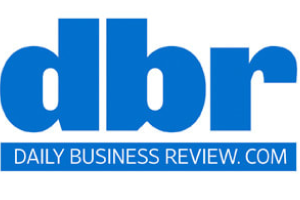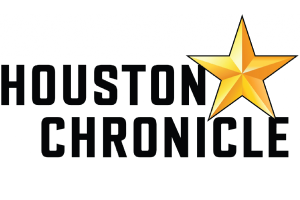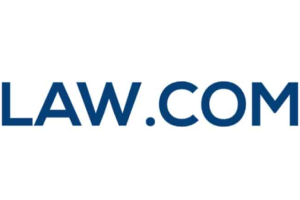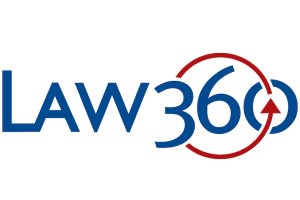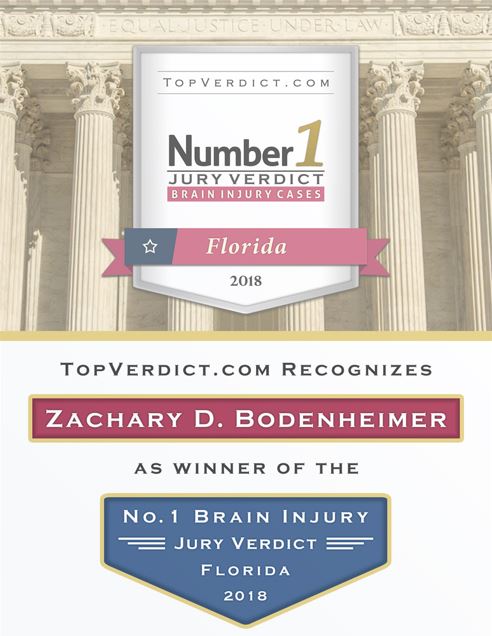- Free Consultation: 305-638-4143 Tap Here to Call Us
Florida Truck Accident Claims Lives of Three Massachusetts High School Seniors
On the evening of Monday, April 21, 2025, a devastating crash on U.S. Highway 98 in Walton County, Florida, changed several lives forever. According to reports from the Florida Highway Patrol, three 18-year-old high school seniors from Massachusetts—Jimmy McIntosh, Hannah Wasserman, and Maisey O’Donnell—were killed when the SUV they were riding in collided with a tractor-trailer that was executing a U-turn across the highway. The fourth passenger, also 18, remains in critical condition.
The crash occurred around 9:28 p.m. on U.S. 98, about one mile west of South Watersound Parkway. Four students were in an SUV heading west when a tractor-trailer reportedly attempted a U-turn in the paved median of the highway.
The SUV collided with the side of the trailer—a type of crash commonly known as an underride collision—and continued across the median, ultimately coming to rest on the opposite side of the highway. Two students were pronounced dead at the scene, and a third succumbed to her injuries the following day. A fourth victim remains hospitalized.
The driver of the tractor-trailer and a passenger in the cab were not injured. The Florida Highway Patrol is actively investigating the crash.
When tragedies like this occur, especially under complex circumstances involving commercial vehicles, many families naturally begin asking questions. How could this have happened? Who, if anyone, is legally responsible? And what does accountability look like when the loss is so profound?
Underride Accidents: Preventable and Often Fatal
Crashes like this one fall under a category known as side underride truck accidents, which occur when a smaller vehicle strikes the side of a large truck or trailer and slides underneath it. These accidents are almost always catastrophic, and they are tragically preventable.
Federal regulations do not currently require commercial trucks to be equipped with side underride guards, although safety advocates have called for these regulations for years. Without these guards, the full force of a collision is absorbed by the windshield or upper structure of the passenger vehicle, often resulting in fatalities.
When Can a Trucking Company or Driver Be Liable?
In the context of a crash involving a tractor-trailer or commercial vehicle, liability may be more complex than in a standard car accident. Several parties might share responsibility:
- The truck driver, if they made an unsafe maneuver, were distracted, fatigued, or violated traffic laws.
- The trucking company, if they failed to properly train the driver, enforced unreasonable delivery schedules, or neglected vehicle maintenance.
- A manufacturer or maintenance company, if a defective part contributed to the crash.
- A government entity, in cases where poor road design or maintenance was a contributing factor.
Florida law recognizes that commercial drivers and their employers have a heightened duty of care, particularly due to the size and danger of large trucks. If an investigation reveals that this duty was breached, the liable parties may be held accountable in civil court.
Even if criminal charges are not filed, a civil wrongful death lawsuit can be brought by the families of the victims to seek justice and compensation for their unimaginable losses.
How a Wrongful Death Claim Can Help Families Seek Justice
While no amount of money can replace a lost child, the law provides families a way to pursue justice and financial accountability through a wrongful death claim.
In Florida, wrongful death claims are governed by Florida Statutes § 768.16–768.26, which allow surviving family members to seek damages for:
- Loss of companionship and support
- Mental pain and suffering
- Funeral and medical expenses
- Lost earnings and benefits
Importantly, these claims can help shed light on unsafe industry practices and force companies to implement better safeguards—potentially saving future lives.
Florida Wrongful Death Attorneys
For families dealing with the sudden loss of a loved one in a preventable accident, the emotional aftermath is often overwhelming. In many cases, grief and trauma are compounded by uncertainty—especially when investigations take time, and facts remain unclear.
While the legal system cannot restore what was taken, it can provide a path toward accountability, closure, and support. Civil claims like wrongful death lawsuits are not about punishment. They are about recognizing loss, acknowledging fault, and helping families rebuild when the unthinkable has happened.
If you or someone you know is navigating this kind of grief, it’s okay to ask questions. And it’s okay to seek clarity—on your own timeline—about what steps may be available in the future.








